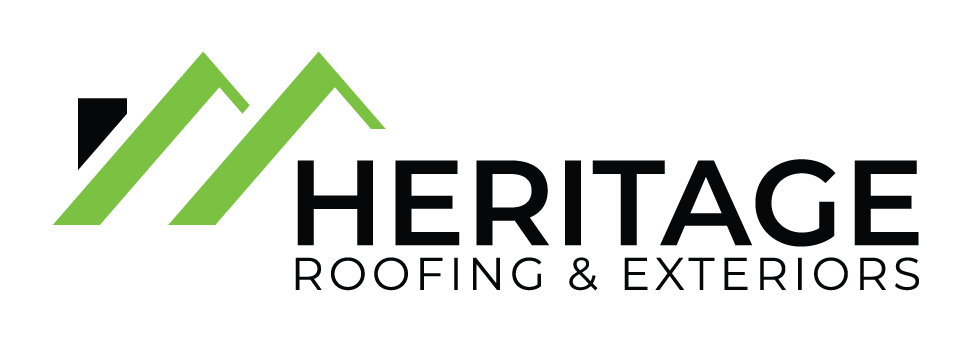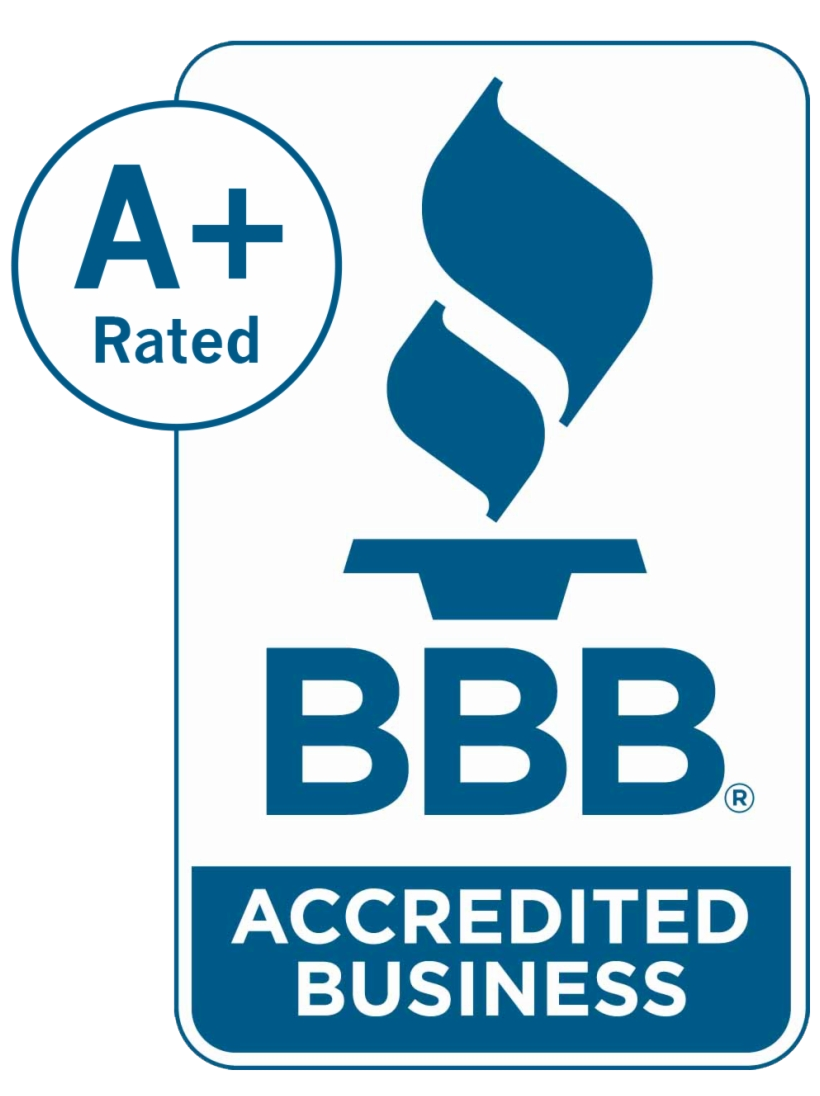FAQS
What Questions Do We Get the Most?
How often should I have my roof inspected?
It's recommended to have your roof inspected at least once a year, especially after severe weather events such as storms or hail. Additionally, if you notice any signs of damage or leaks, it's essential to have your roof inspected promptly.
What are the signs that my roof needs repair or replacement?
Signs that your roof may need repair or replacement include missing or damaged shingles, water stains on the ceiling or walls, sagging areas on the roof, granules in the gutters, and increased energy bills due to poor insulation.
How long does a typical roof replacement take?
The duration of a roof replacement project can vary depending on factors such as the size of your roof, the materials used, and weather conditions. On average, a roof replacement can take anywhere from a few days to a week to complete.
What type of roofing material is best for my home?
The best roofing material for your home depends on various factors, including your budget, climate, and aesthetic preferences. Common roofing materials include asphalt shingles, metal roofing, tile roofing, and cedar shakes. Our roofing experts can help you choose the best option for your needs.
Will my homeowner's insurance cover the cost of roof repairs or replacement?
In many cases, homeowner's insurance policies will cover the cost of roof repairs or replacement if the damage is caused by a covered peril, such as a storm or fire. However, it's essential to review your policy and consult with your insurance provider to understand your coverage fully.
How can I maintain my roof to prolong its lifespan?
Regular maintenance is key to prolonging the lifespan of your roof. This includes keeping gutters clean and free of debris, trimming overhanging tree branches, inspecting for signs of damage or wear, and addressing any issues promptly.
Can I install a new roof over my existing roof?
In some cases, it may be possible to install a new roof over your existing roof, known as a "roof overlay." However, this approach is not recommended for all situations and may void manufacturer warranties. It's best to consult with a roofing professional to determine the best course of action for your specific situation.
How do I know if I need a roof repair or a full replacement?
The decision between roof repair and replacement depends on the extent of the damage, the age of your roof, and other factors. In general, if the damage is localized and your roof is relatively new, a repair may suffice. However, if the damage is extensive or your roof is nearing the end of its lifespan, a replacement may be necessary.
Do you offer financing options for roof repairs or replacement?
Yes, we offer financing options to help make roof repairs or replacement more affordable for our customers. Our team can discuss financing options with you and help you find a solution that fits your budget.
How do I schedule a roof inspection or request a quote?
To schedule a roof inspection or request a quote, simply contact us through our website or give us a call. Our team will be happy to assist you and answer any further questions you may have.
Questions YOU Should Ask!
What is the current condition of my roof, and are there any immediate issues that need attention?
Understanding the current state of your roof can help prioritize repairs or maintenance tasks and prevent potential damage.
How long can I expect my roof to last before it needs to be replaced?
Knowing the expected lifespan of your roof can help you plan and budget for future replacements.
Are there any specific maintenance tasks I should be performing to prolong the life of my roof?
Regular maintenance can help prevent costly repairs and extend the lifespan of your roof. Asking for specific maintenance tips can help you care for your roof properly.
What type of roofing material is best suited for my home and climate?
Different roofing materials have different properties and benefits. Understanding which material is best for your home and climate can help you make an informed decision.
Is there proper ventilation in my attic, and how does it affect my roof's performance?
Proper attic ventilation is essential for maintaining a healthy roof system and preventing issues such as moisture buildup and heat retention.
Are there any signs of damage or wear on my roof that I should be aware of?
Identifying signs of damage early can help prevent more significant issues down the line. Asking for a thorough inspection can help catch any problems before they worsen.
How can I improve the energy efficiency of my roof?
Improving the energy efficiency of your roof can help reduce heating and cooling costs. Asking for tips on energy-efficient roofing options or upgrades can help you save money in the long run.
Are there any potential hazards or safety concerns with my roof, such as loose shingles or weak spots?
Ensuring the safety and integrity of your roof is essential for protecting your home and family. Asking about potential hazards or safety concerns can help address any issues promptly.
What should I do in case of a roofing emergency, such as a leak or storm damage?
Knowing how to respond to a roofing emergency can help minimize damage and prevent further issues. Asking for guidance on emergency procedures can help you be prepared for any situation.
Can you provide recommendations for reputable roofing contractors or inspectors for future needs?
Building a relationship with a trusted roofing professional can be valuable for future roofing needs. Asking for recommendations can help you find reliable contractors or inspectors for future projects or inspections.

